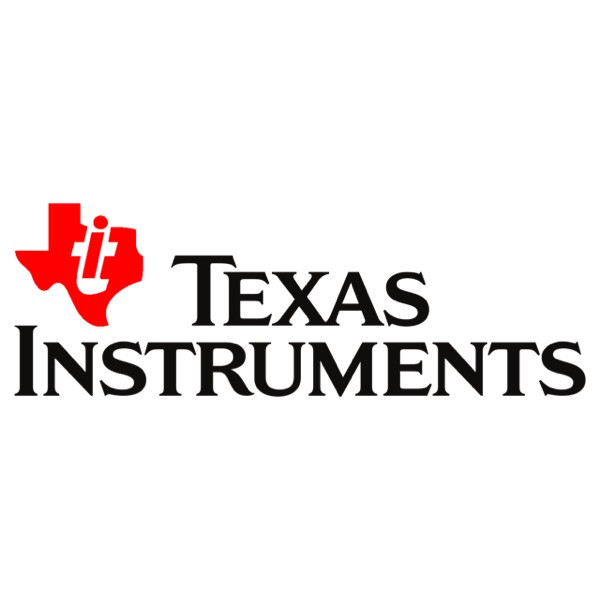CMOS USB hub provides one upstream port and four downstream ports
10-07-2017 | Texas Instruments | Semiconductors
The Texas Instruments TUSB2046x is a 3.3V CMOS hub device that provides one upstream port and four downstream ports in compliance with the USB specification as a full-speed hub. As this device is implemented with a digital state machine instead of a microcontroller, no firmware
programming is required. Fully compliant USB transceivers are integrated into the ASIC for all upstream and downstream ports. The downstream ports support full-speed and low-speed devices by automatically setting the slew rate according to the speed of the device attached to the ports. The configuration of the BUSPWR pin selects either the bus-powered or the self-powered mode.
The device provides the flexibility of using a 6MHz or a 48MHz clock. The logic level of the TSTMODE terminal controls the selection of the clock source. When TSTMODE is low, the output of the internal APLL circuitry is selected to drive the internal core of the device. When TSTMODE is high, the TSTPLL/48MCLK input is selected as the input clock source and the APLL circuitry is powered down and bypassed. The internal oscillator cell is also powered down while TSTMODE is high. Low EMI emission is achieved because the device can use a 6MHz crystal input. Connect the crystal as shown in Figure 6. An internal PLL then generates the 48MHz clock used to sample data from the upstream port and to synchronize the 12MHz used for the USB clock. If low-power suspend and resume are desired, a passive crystal or resonator must be used. However, a 6MHz oscillator may be used by connecting the output to the XTAL1 pin and leaving the XTAL2 pin open. The oscillator TTL output must not exceed 3.6V.

By Electropages

TUSB2046x

